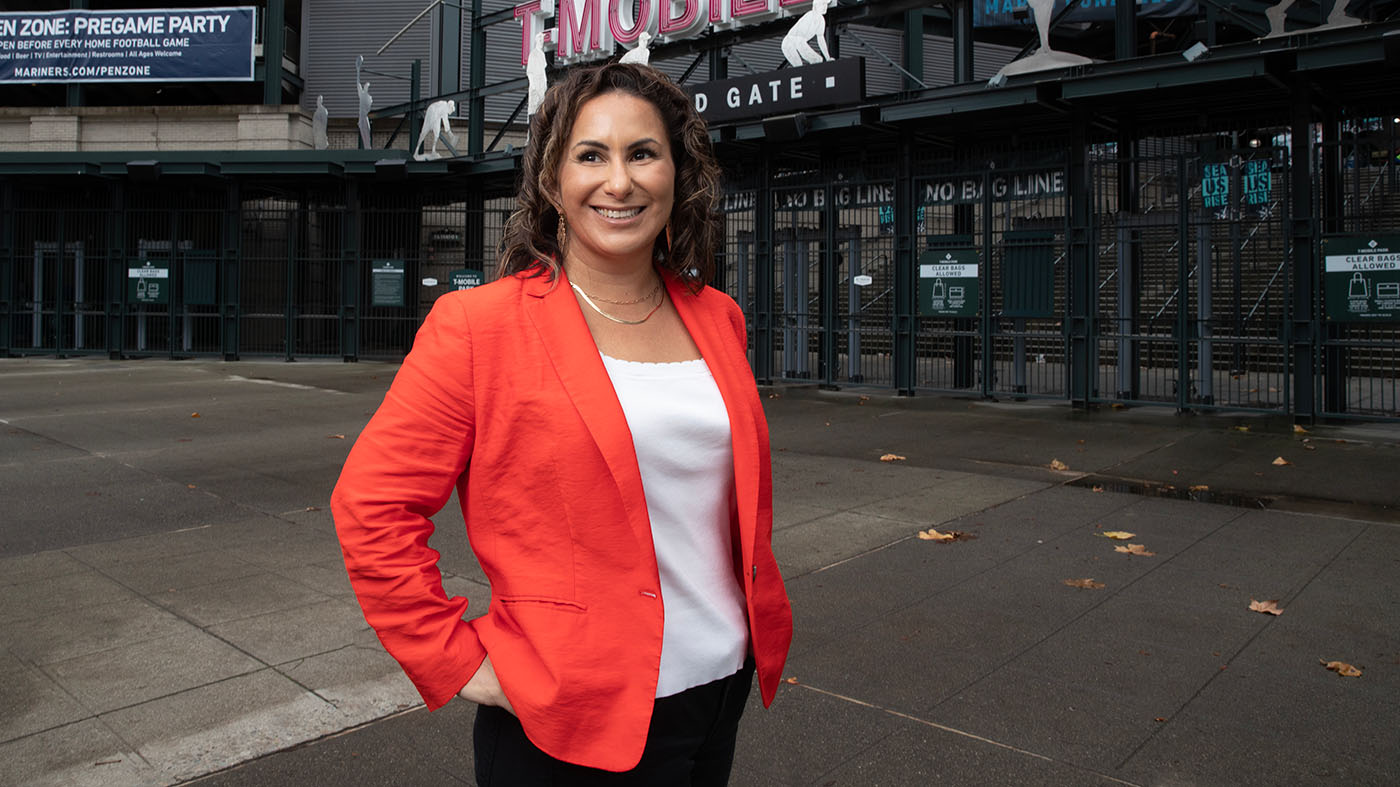Seattle University School of Law is set to launch a new Sports Law program this fall to provide its students with the knowledge, expertise, and resources needed to navigate the many legal issues that arise in the fast-paced sports industry.
Sports is a big business, both in the United States and globally, with billions of dollars of revenue generated annually. In addition to professional and minor leagues in football, basketball, baseball, hockey, and soccer, the United States is home to hundreds of colleges and universities that field teams in a variety of sports. Several U.S. teams and leagues have a significant and growing international reach.
“We are in a region that boasts a thriving sports culture, which makes Seattle U Law an ideal location to learn the practice of sports law,” said Dean Anthony E. Varona. “Given that the legal issues in sports are growing ever more complex, the industry needs excellent practitioners who can provide sound legal advice and strategy. Our Sports Law program will build on our law school’s existing strengths to help meet this need.”
The Sports Law program encompasses several degree options. JD students can choose to tailor their curriculum to focus on courses that pertain to sports law. This prepares them to fill general counsel positions with teams and leagues, serve as agents for coaches and athletes, build sports law private practices, and many more options.
Also offered are two Master of Legal Studies (MLS) degrees, in Sports Law and in Sports Law Compliance. These graduate degrees are designed for those who don’t envision practicing law but wish to familiarize themselves with sports-specific legal issues for careers in sports organizations. MLS graduates may work in contract management, event production, or university compliance offices to ensure teams comply with league and other regulations, to name only a few of the roles where strong legal training is a benefit.
The legal issues that frequently intersect with sports are numerous and varied, including contracts, intellectual property, labor and employment law, and antitrust law. With new legal and regulatory requirements constantly shifting, sports organizations need compliance and risk management professionals to help them navigate issues such as Name, Image, and Likeness (NIL), gambling, and e-sports.
“While our law school has always offered a robust curriculum to navigate these issues, this program will provide students with the tools necessary to bridge the doctrine they’re learning inside the classroom to issues facing the sports industry,” said Kelli Rodriguez Currie, the program’s director.
The law school is expanding courses that specifically address- sports law issues to focus on both professional and amateur sports. The expanded curriculum will be coupled with sports law-specific advising to ensure students leave law school with a relevant base of knowledge, specific to their areas of interest within sports law.
The program will also bring students together with seasoned sports lawyers to build connections. “Because Seattle U Law is located in one of the leading sports markets in the country, our students will have opportunities to learn from and regularly network with leading attorneys who work for several franchises,” Rodriguez Currie said.
She has assembled a who’s who of such attorneys to serve on the program’s advisory board, including the chief legal officer for the Seattle Seahawks, the general counsels for both the Seattle Mariners and the Seattle Kraken, and a partner at the law firm K&L Gates who works closely with the Seattle Sounders and the group responsible for bringing the World Cup to Seattle in 2026.
Students may also leverage the School of Law’s robust and comprehensive externship program to gain real-world experience with area teams. In addition to internships and externships with many of Seattle’s professional franchises, opportunities are also available with the athletics departments of the University of Washington and Seattle University, both of which field NCAA Division I teams.
As the business of sports continues to grow, sports organizations are under increasing pressure to engage on social issues, which require more support from legal and compliance professionals to make decisions that balance competing legal, business, and ethical demands.
“Seattle U Law is uniquely positioned to provide that training,” Varona said. “Our Jesuit Catholic tradition informs our sports law curriculum in significant ways, especially around racial and social justice issues, and the confluence of ethics and labor and employment law, intellectual property, and contracts.”

